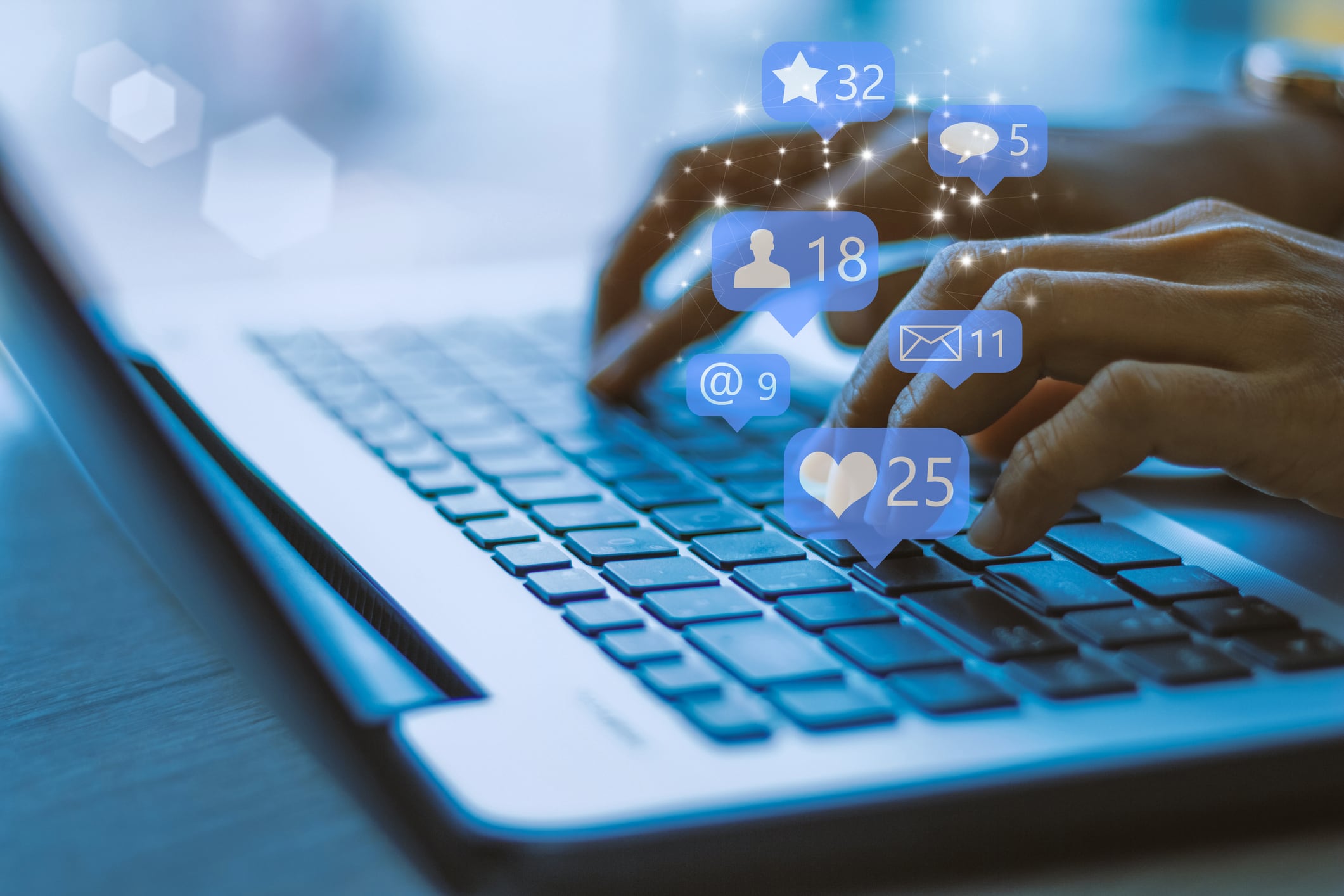This is according to Dr Volker Spitzer, global R&D and innovation leader for consumer health at the human data science company IQVIA, in Switzerland, who spoke at the Education Programme at Vitafoods Europe recently.
He told delegates that innovation has to be personalised and companies have to harness the huge power of online chatter.
“Consumers are no longer satisfied with what’s available to them," said Dr Spitzer.
"They are picking and choosing more carefully depending on what they think they need and what they are told by their peers.
“Continual monitoring is becoming more important to allowing consumer to continually improve their health.
“Consumers are generating their own data and they have social media as a way to exchange information. They have become the suppliers and the consumers of the information. This democratisation of control over the content means consumers have more power.
“All the big players are looking for expertise to improve this element of their business.
“Consumers are forming peer groups that have quite some influence on each others' decisions. They exchange knowledge about new research and share their own personal experiences."
He added that, with trust in brands being trumped by trust in personal experiences and peer recommendations, these groups can have an immense impact on consumers opinions of various health products, services and ideologies.
He said that in order for new product developments to meet the needs of, and be trusted by, modern consumers, companies needed to start strategically using these information sources.
“Capturing the consumer experience is key and it allows you to understand the consumer’s real life experiences through recorded data.”
But beyond providing insight into consumers' lives, this data collection could be a great opportunity for building evidence, he added.
“This provides the opportunity to provide evidence from a variety of settings, not just from controlled studies but from real world evidence."
He argued that the industry is yet to witness the emergence of companies competing on their health data outcomes as opposed to the products their creating, adding that ‘that’s good for consumers’.
He also imagined there would be a huge expansion on the number and variety of health related online peer groups as people become more and more interested in actively looking after their health and seeking advice from people they trust.
Session chair Nard Clabbers, senior business developer in personalised nutrition and health at TNO (a scientific research and innovation centre in the Netherlands), added that he felt this was a potential opportunity for industry players to set up and run these peer groups to encourage conversation.
“I think there’s a lot of opportunity for companies to take that into their own hands,” he said.

